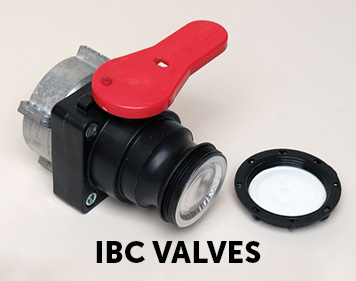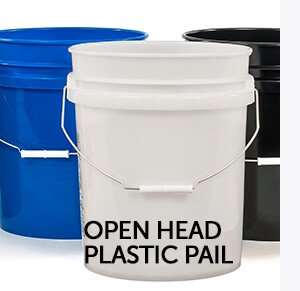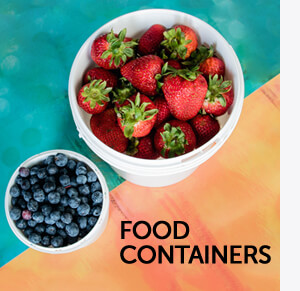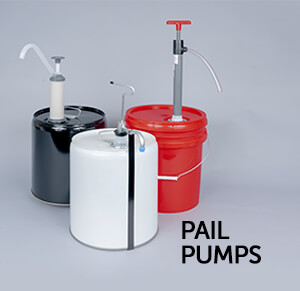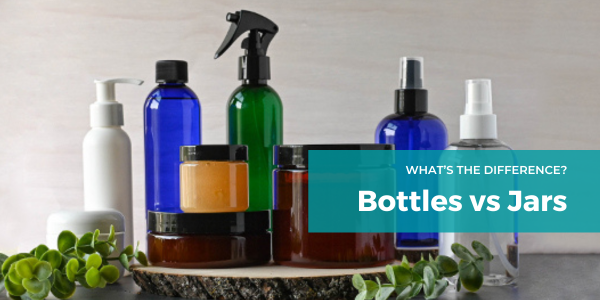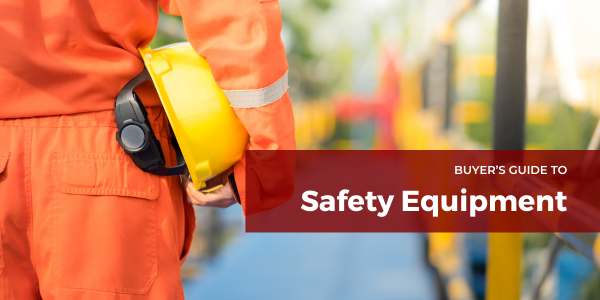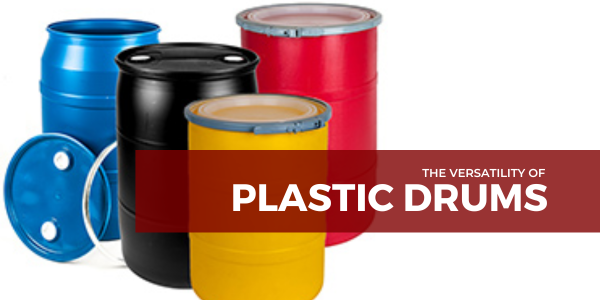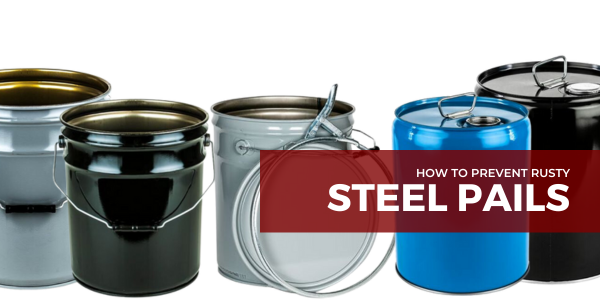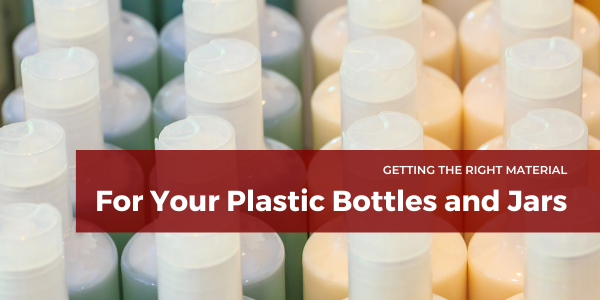What are IBC's Engineering and Manufacturing Standards?
IBCs, or intermediate bulk containers, are a popular way to store or transport a wide variety of materials, from food to medicine and everything in between. Because of their popularity and importance, IBCs are held to high standards for manufacturing and engineering. Here’s a short list of some of the standards IBCs must follow when being designed and manufactured!
Stainless steel intermediate bulk containers are approved according to the standards and requirements of Title 49 CFR Section 178, the FDA, IMDG, ANSI / NSF 61, NFPA 30 Section 9.4.1 (1), UL 142, and are DOT UN31A/Y permitted for the handling and transport of hazardous and non-hazardous, flammable or combustible Packing Group II and III food grade, consumable materials and liquids. Stainless steel IBC tanks engineering design certifications approve them for freight transport via motor vehicle, rail, air, and sea cargo vessels.


Chemical Resistance and UN Ratings
IBCs must be built to be chemically resistant. Since most IBCs are made of high density polyethylene plastic, stainless steel or other types of metal, they tend to be inherently resistant to most several chemicals and compounds, but you can always give us a call to make sure that your container is compatible with your product, if you want to be extra sure. IBCs are manufactured to be chemically resistant. The surfaces and internal construction of most IBCs ensures that they remain clean and safely carry whatever substance they are carrying.
Most IBCs are equipped with UN ratings, meaning that the United Nations has designated them as "safe" for containing a variety of hazardous materials. These UN ratings vary based on the materials and standards of the specific container. A UN rating can provide you with added reassurance that your IBC is suitable for the specific hazardous material or chemical that you need to store/transport.
Sturdiness
Most IBCs are built to withstand not only the elements, but general wear and tear. IBCs need to be sturdy and strong in order to withstand the amount of force they experience. This is why IBCs are manufactured to have a lifespan of more than 20 years! Proper manufacturing of IBCs ensures that they are not only effective, but long-lasting. IBCs are intended to be used frequently, so they must be designed to weather physical scratching, denting, or weathering.
A traditional IBC is composed of an HDPE (high density polyethylene) plastic bottle surrounded by a steel cage. HDPE plastic is already durable, with its innate dent and scratch resistance, but the addition of a steel cage adds a layer of protection that is unmatched by almost any other container.
FDA Compliance
For shipping and storing food & beverage ingredients, potable water, and pharmaceutical products, your containers need to be compliant with FDA regulations. Many of BASCO's IBC totes meet those regulations, making them safe for containing products that are meant for human consumption.
IBCs are a great way to store whatever your business needs to store! At Basco, we offer the highest quality IBCs designed to the manufacturing and engineering standards to ensure that your next IBC project goes smoothly! Have questions about IBCs? Feel free to contact us and one of our customer service specialists will be happy to answer your questions. Ready to buy now? Shop our collection of IBCs and OBC totes and accessories. At Basco, we are committed to getting you the right IBC the first time! We can’t wait to help you find the perfect IBC for the job.
Want a bit more info about IBCs? Check out our mini IBC catalog!


